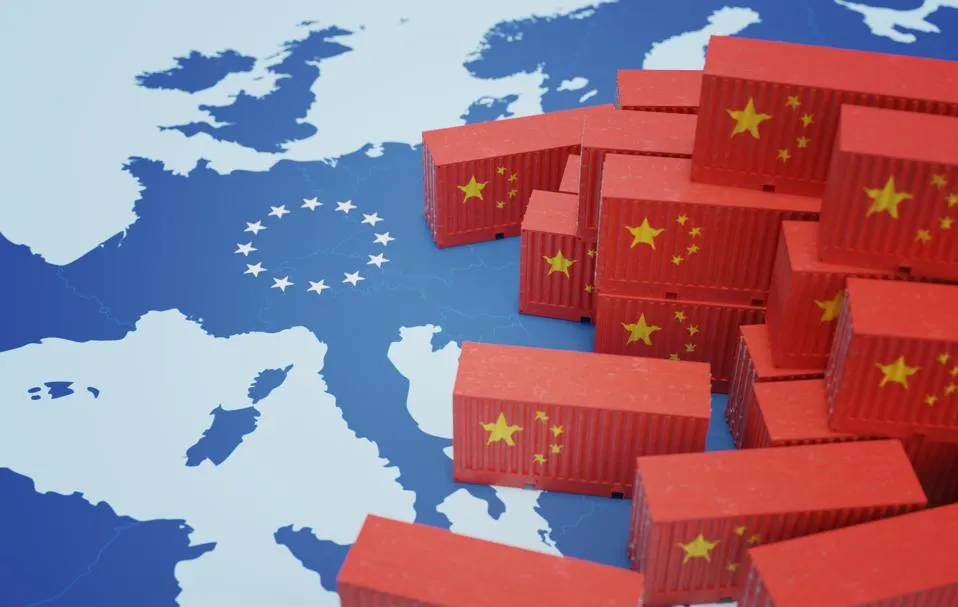China has escalated its rhetoric following the Trump administration’s latest round of trade tariffs, signaling a firm stance against what it describes as economic coercion from the United States.
“In the face of one-sided acts of bullying, [China] will definitely take necessary measures to firmly protect its own rights and interests,” Chinese Ministry of Commerce Spokesperson He Yongqian told reporters on Thursday, according to CNBC.
The statement marks a sharp response from Beijing after the U.S. imposed a 10% additional tariff on Chinese imports, citing concerns over fentanyl. While reaffirming China’s commitment to dialogue, He emphasized that Beijing would not stand idly by in the face of escalating trade pressures. “China would not provoke trade disputes and remained ready to resolve problems through discussions,” he added.
The Ministry of Foreign Affairs also highlighted Beijing’s firm opposition to the U.S. measures. Spokesperson Lin Jian conveyed a similar stance on Wednesday, denouncing the tariffs as unjustified.
“China firmly deplores and opposes the move of the U.S. to levy a 10 percent additional tariff on Chinese imports under the pretext of the fentanyl issue,” Lin said, according to an official English translation. “The measures China has taken are what’s needed for safeguarding our legitimate rights and interests.”
The official remarks came just days after the U.S. announced the tariffs, prompting a swift response from Beijing. On Tuesday, China retaliated by imposing its own duties of up to 15% on U.S. liquefied natural gas and select products, set to take effect on February 10.
E-Commerce Trade Tensions Escalate
The latest trade restrictions have also affected e-commerce transactions between the two nations. The U.S. recently halted a so-called de minimis exemption, making it more expensive for Chinese e-commerce merchants to ship products directly to American consumers. This move further strains economic relations, particularly for Chinese businesses relying on direct-to-consumer sales in the U.S. market.
Ministry of Commerce spokesperson He urged the U.S. to reconsider its stance and foster a more stable economic environment. “The U.S. should create a fair and predictable environment for cross-border e-commerce,” He stated, reinforcing China’s call for a more balanced trade relationship.
Future Of U.S.-China Trade Uncertain
As tensions mount, the latest developments signal that Beijing is prepared to counter U.S. actions with its own measures, while still leaving room for negotiations to de-escalate the dispute. With both sides standing firm, the coming weeks could see further economic and diplomatic maneuvers shaping the trajectory of U.S.-China trade relations.






